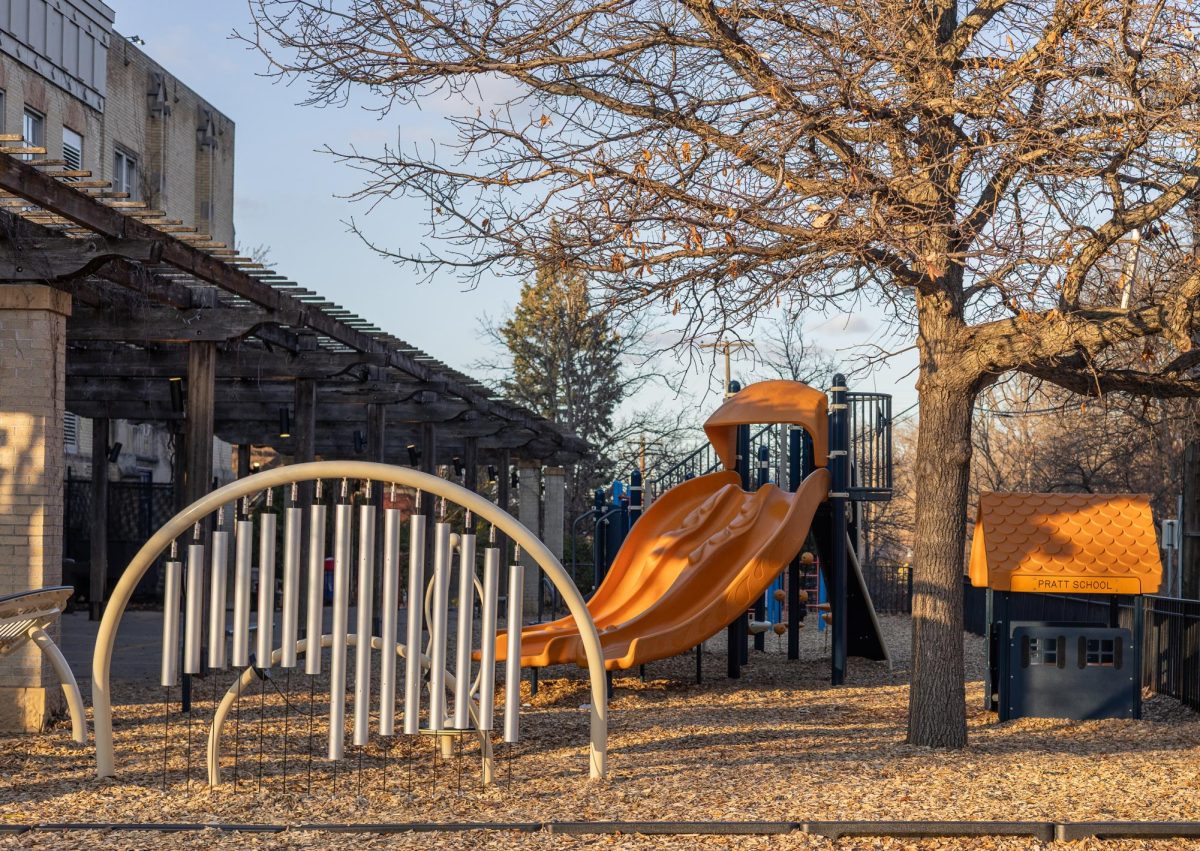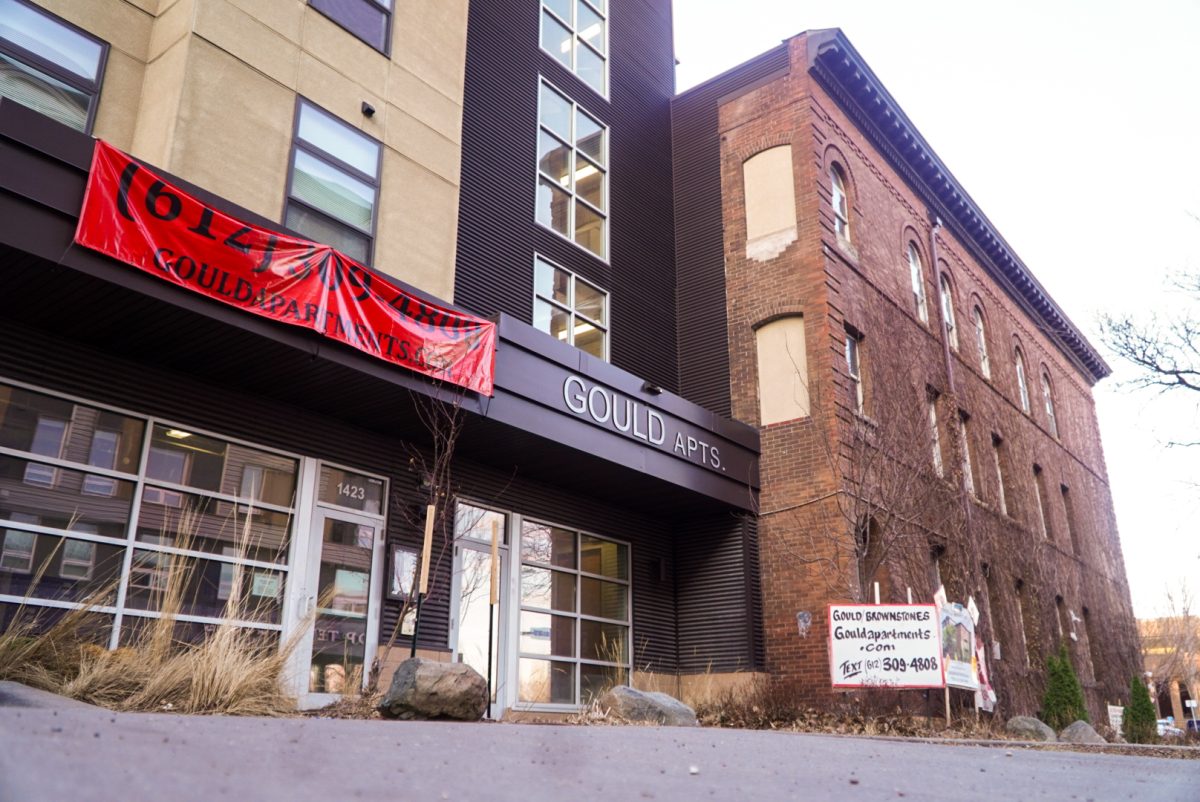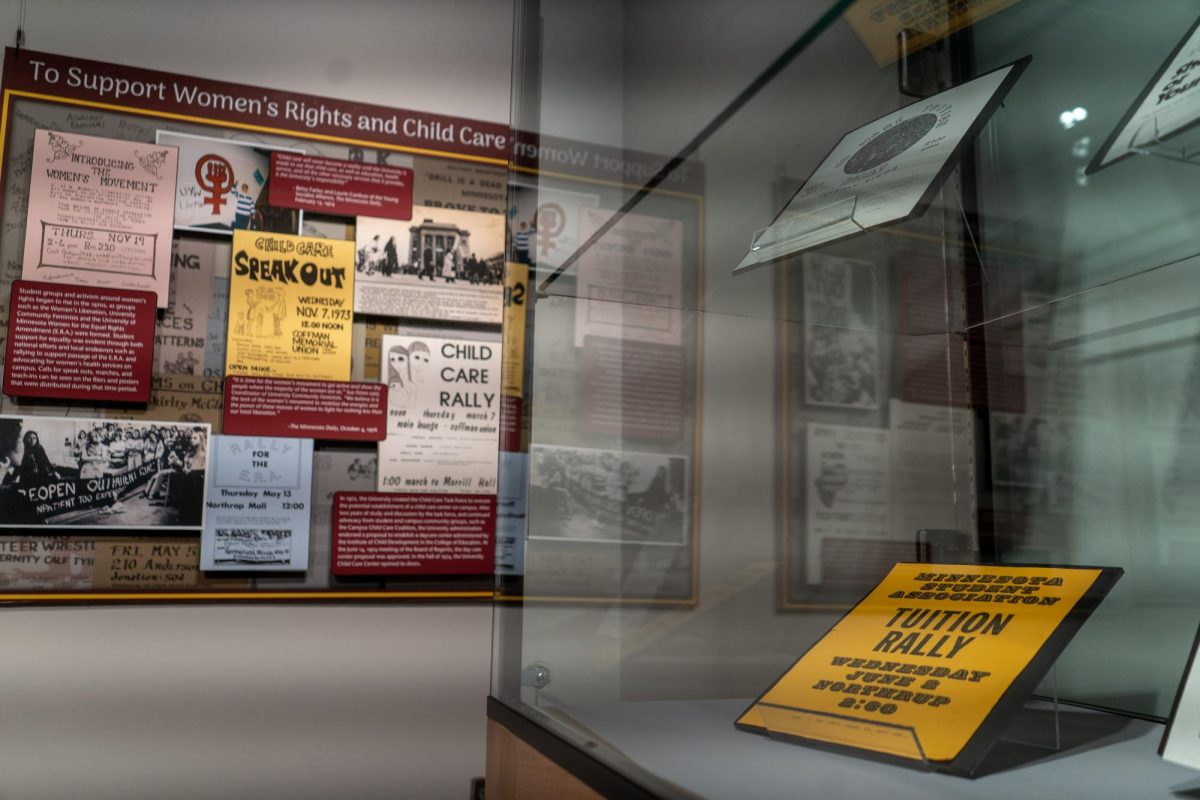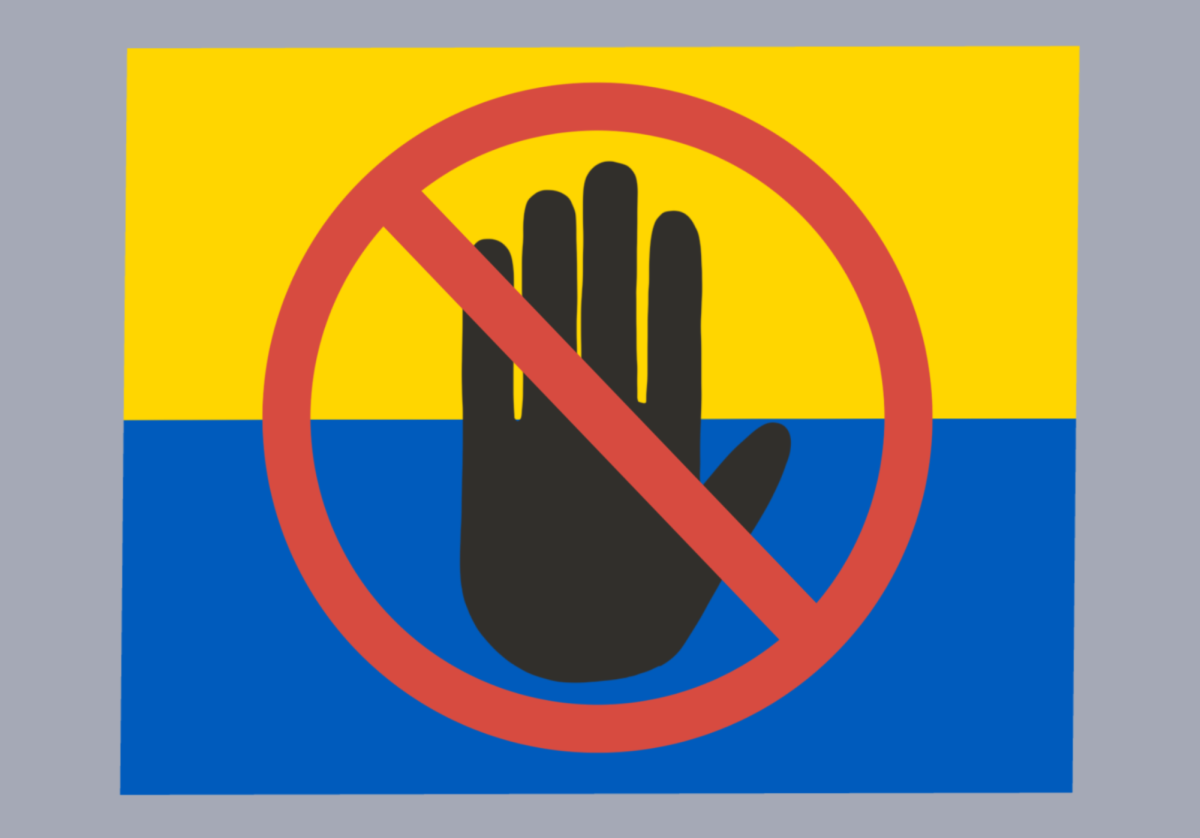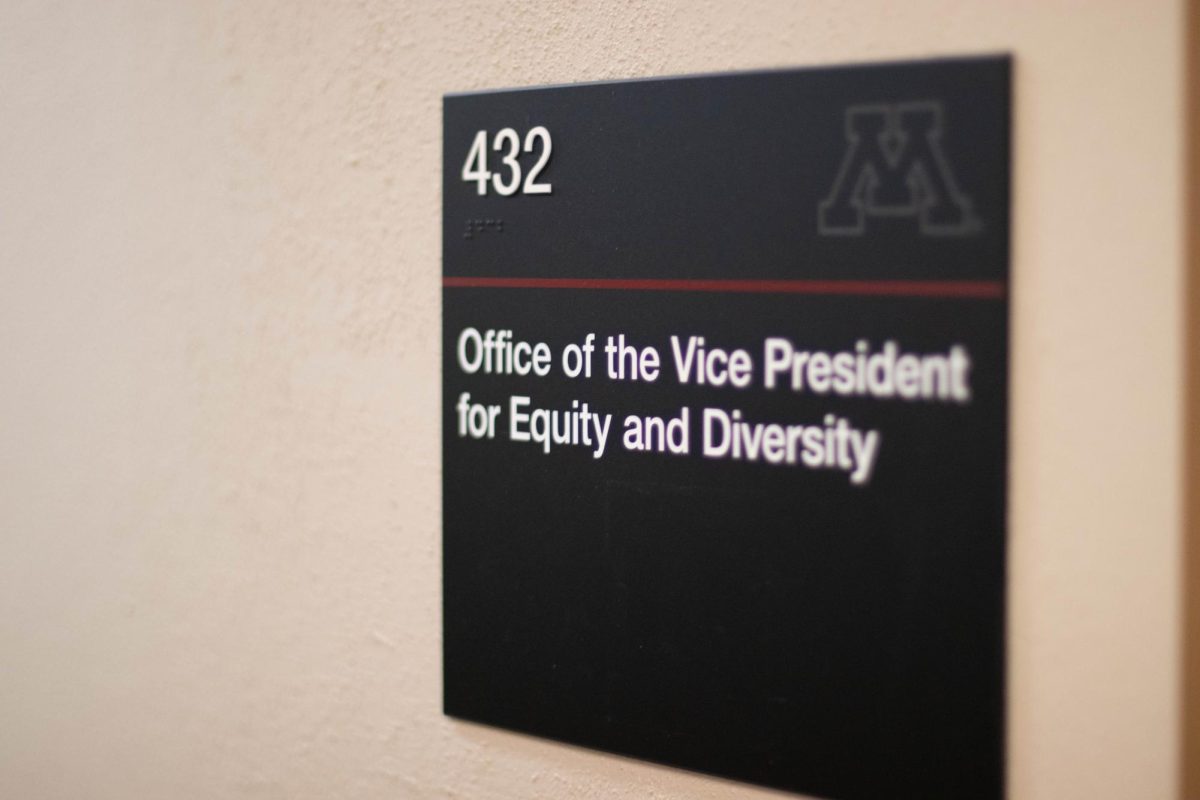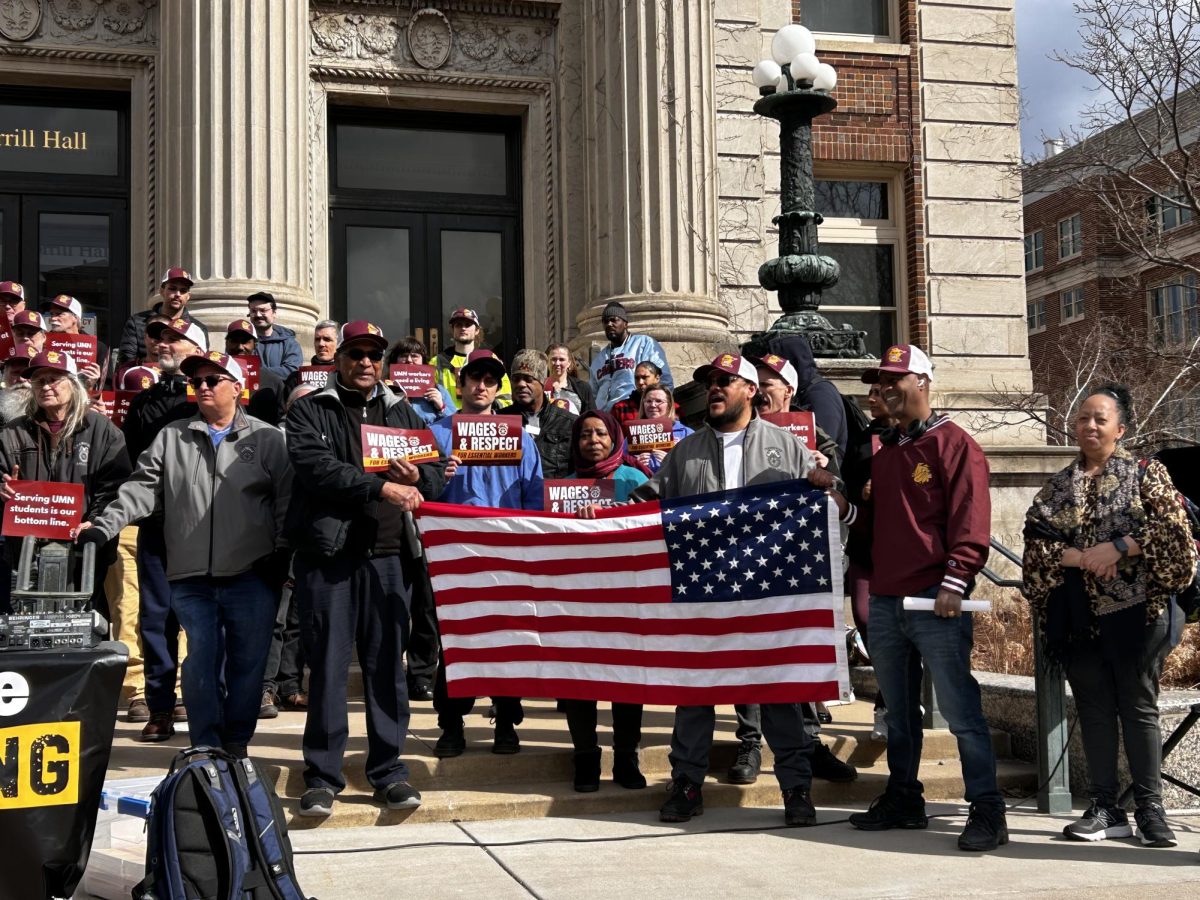According to an email sent to University of Minnesota Honors students on Feb. 16, a total of four advisers left the University’s Honors Program (UHP) this semester, disrupting advising assignments and services and leaving some students feeling frustrated.
Second-year student Rhea Joshi said the changes made declaring her chemical engineering major difficult because she was not able to communicate with the same adviser during the declaration process.
“One adviser would give me different advice than the other one would, and part of that was due to the fact that they didn’t really know me,” Joshi said. “I had spent my time with one counselor for a year and a half, and then suddenly, there’s another one.”
UHP announced its advising services will take a supplemental advising model as part of their efforts to restructure the program, meaning students would have access to college-specific advising along with supplementary honors advising. This was intended to allow students to choose where they asked questions related to the UHP program requirements.
“Because advisers are trained to serve specific colleges, and because UHP has to manage adviser caseloads to keep them somewhat equitable, a change caused by one adviser leaving often has a ripple effect on advising assignments across our staff,” Director of the Honors Program Matthew Bribitzer-Stull and Associate Director of Honors Advising Practice Rebecca Aylesworth said in the Feb. 16 email.
Honors students are required to meet with their adviser once a semester but were not required during the fall 2022 semester due to the changes, according to Joshi. She said she had three different advisers over the course of the school year and, having no one else to ask about academics, still scheduled meetings with them.
“Last semester, I had to meet with a different adviser that I wasn’t even familiar with because mine didn’t have any openings,” Joshi said.
Maxwell Reed, a second-year student, also changed advisers during the year. Since he did not utilize his new advisers much, he said the switches did not have a large effect on him.
“My first adviser left at the end of last semester, and I was assigned a new one who I never met with because I haven’t needed help with anything,” Reed said.
Reed used his original adviser for help with course requirements and looking over his schedule but has not met with his new adviser this semester because he did not need outside help creating a schedule.
“The Honors Department seems to be downsizing advisers when they already have too few,” Reed said. “I know of a few people who have struggled to schedule appointments because their advisers’ schedules are full.”
Joshi said the process of scheduling an appointment with her adviser became more difficult because she had to make a phone call to the Honors Department to schedule an appointment instead of using the typical online scheduling portal.
“I’ve had a lot of questions, and I’ve been trying to find more specifics about the degree I’m in and what more I could do, and it’s been hard to get that information with the resources I was provided,” Joshi said. “I don’t think that it’s fair to students to make it that difficult to get information.”
However, Joshi said her current adviser has been in constant communication with her and has been helpful in providing information to her. She said she has no problem with the advisers themselves, but instead with how UHP is restructuring its advising program.
“The advisers were very passionate about helping students, so I don’t want to say that it’s the advisers’ fault [for the changes],” Joshi said. “They did what they needed to do, and they were there for students when they needed them.”
The UHP statement said these changes, despite the numerous disruptions, are in the best interests of students and staff in the program.
“By fall, we expect to have reached somewhat of a steady state as we move to our new advising model starting with Orientation in the summer,” Bribitzer-Stull and Aylesworth said.



